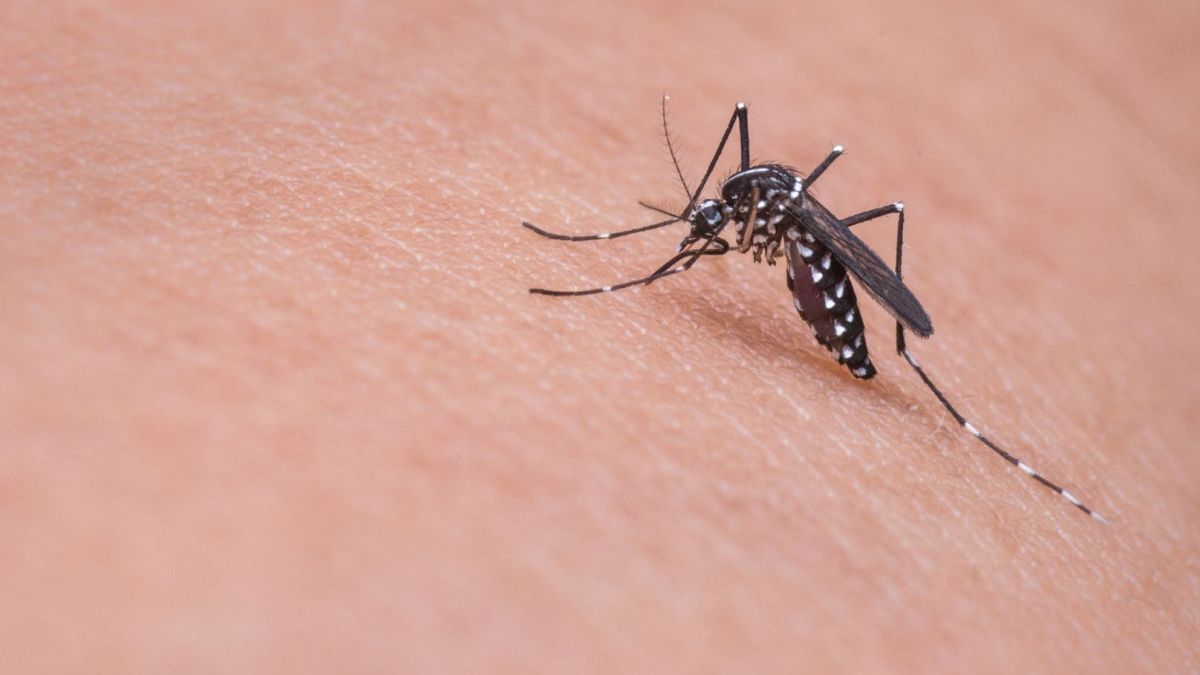

As the climate continues to change, Europe faces evolving challenges that extend beyond fluctuating temperatures and altered weather patterns. These changes manifest in ways that directly impact public health, underscoring the need for comprehensive strategies to mitigate risks. This includes the emergence of mosquito-borne diseases and the rising incidence of heat-related health hazards, both of which require thoughtful attention and coordinated measures.
Experts caution that Europe, once considered relatively safe from many tropical diseases, is becoming more vulnerable to illnesses such as dengue and chikungunya. This shift is primarily linked to changes in the climate that make the environment more suitable for mosquitoes, which are responsible for transmitting these diseases. As the temperatures rise and precipitation patterns alter, conditions become favorable for mosquitoes to thrive, allowing diseases that were once confined to tropical regions to gain a foothold in European territories.
The potential establishment of these diseases across Europe emphasizes the importance of proactive public health measures. Health authorities and policymakers can play pivotal roles by implementing monitoring systems and developing community awareness programs. Educating the public on preventive measures, such as eliminating standing water where mosquitoes breed and using protective barriers, can significantly reduce transmission risks. Moreover, international collaboration is crucial in sharing research, resources, and strategies to control mosquito populations effectively.
Simultaneously, the continent is witnessing a stark increase in heat-related health incidents, particularly affecting the workforce. According to the European Trade Union Confederation, there has been a concerning rise—42% since the year 2000—in heat-related deaths at workplaces throughout the European Union. This alarming statistic highlights the urgent need for robust protective measures to ensure the safety and well-being of workers during the increasingly frequent and severe heatwaves.
To address these challenges, calls are being made for standardized regulations across Europe to enhance worker safety in extreme heat conditions. Such guidelines could include mandatory rest breaks, provisions for cooling systems in work environments, and flexible working hours to avoid peak heat periods. Establishing shade and hydration stations, along with proper education on heat-related risk factors, can empower workers to take preventive actions. Collaborative efforts among governments, labor organizations, and industries are crucial to developing these comprehensive guidelines that adapt to the ebb and flow of climate threats.
While the challenges posed by climate-related health risks are daunting, they also afford an opportunity for Europe to innovate and lead in global health security. By prioritizing research and investing in sustainable practices, Europe can enhance its resilience against these growing threats. Strengthening public health infrastructures and fostering community participation are essential to crafting a resilient future.
Ultimately, tackling the implications of climate change on public health requires a multifaceted approach, emphasizing prevention, adaptation, and collaboration. As Europe navigates this changing landscape, the focus must remain on nurturing a health-conscious society equipped to thrive amid transformations. Through mindful preparation and collective action, regional and international communities can forge pathways to a healthier, safer world.
Source: {link}
